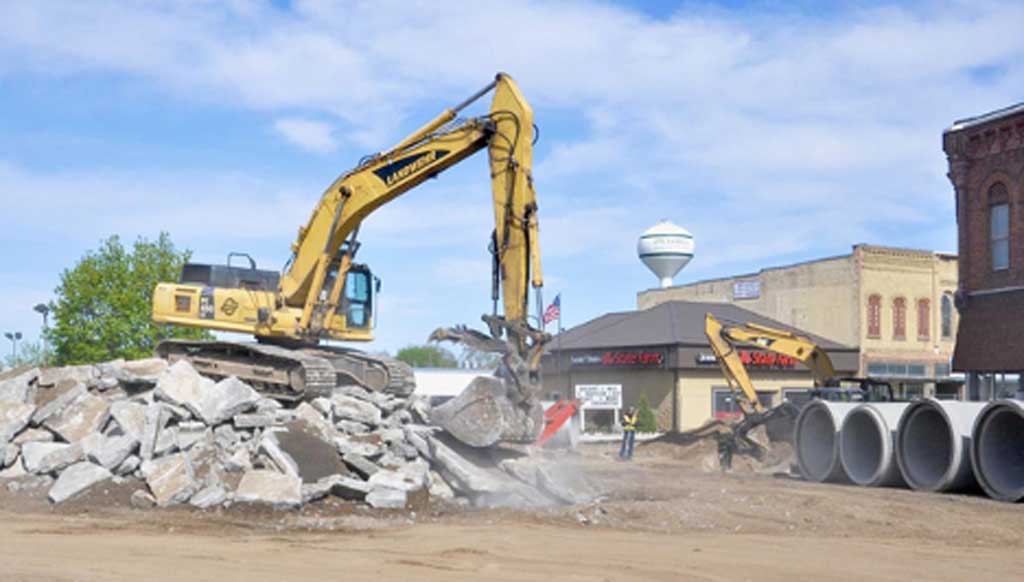Project delays are, in the best-case scenario, frustrating to work around. In the worst case, they can waste valuable time and money, sometimes spent correcting mistakes that could have been avoided with better planning. Of course, some project delays are truly out of your control, but understanding how these common issues can be avoided will help keep your projects on schedule and your clients satisfied.
Budgeting Problems
A comprehensive budget for a construction project should consider every aspect of the job’s expenses, from worker wages to building materials to necessary permits. Budget inaccuracies can be extremely detrimental to your project’s schedule, delaying it by months or even halting it indefinitely. There’s even the possibility your company could have to pay out of pocket to make up for the mistake.
Always start planning your project’s budget early. There are plenty of software options on the market that can help you reduce the chance of inaccurately representing the project’s budget. Once the work has started, monitor the real-time costs of the project to ensure the expenses are on track.
Poor Scheduling
A good schedule is essential to completing your project on time. It should plan which parts of the jobs need to be carried out in what order and provide a way to monitor project progress, allowing the process to be tweaked along the way.
Avoid scheduling issues by creating a detailed project plan—the less you can leave to chance, the better. Don’t leave contacting subcontractors until the last minute, and keep them informed with clear expectations and project updates. Among your own team, encourage quick action and fast decisions to keep things moving.
If the project is delayed, be honest and straightforward with the client about the new timeline, as well as how it will affect other aspects of the job.
Bad Weather
Poor weather conditions are one of the most common project delays and, unfortunately, one of the least predictable. While rain, heat, or snow may not be a problem for indoor crews, they can easily bring outdoor projects to a sudden, grinding halt.
When it comes to bad weather, the best thing you can do is to stay informed and be prepared. Especially in Minnesota, the weather can turn nasty in a matter of minutes, so stay up to date with the daily forecast. Granted, you can’t be sure it’ll be accurate, but it can at least give you an idea of what to prepare for.
Adjust your project schedule to account for extreme temperatures. With proper saftey practices, your crews can often continue working in the heat or snow, but remember—the safety of your employees comes first.
At Landwehr Construction, we understand how important the timely completion of your project is. That’s why our project managers make it a top priority to provide frequent updates, allowing you to rest easy with the knowledge that your project is right on schedule. Ready to get started?

